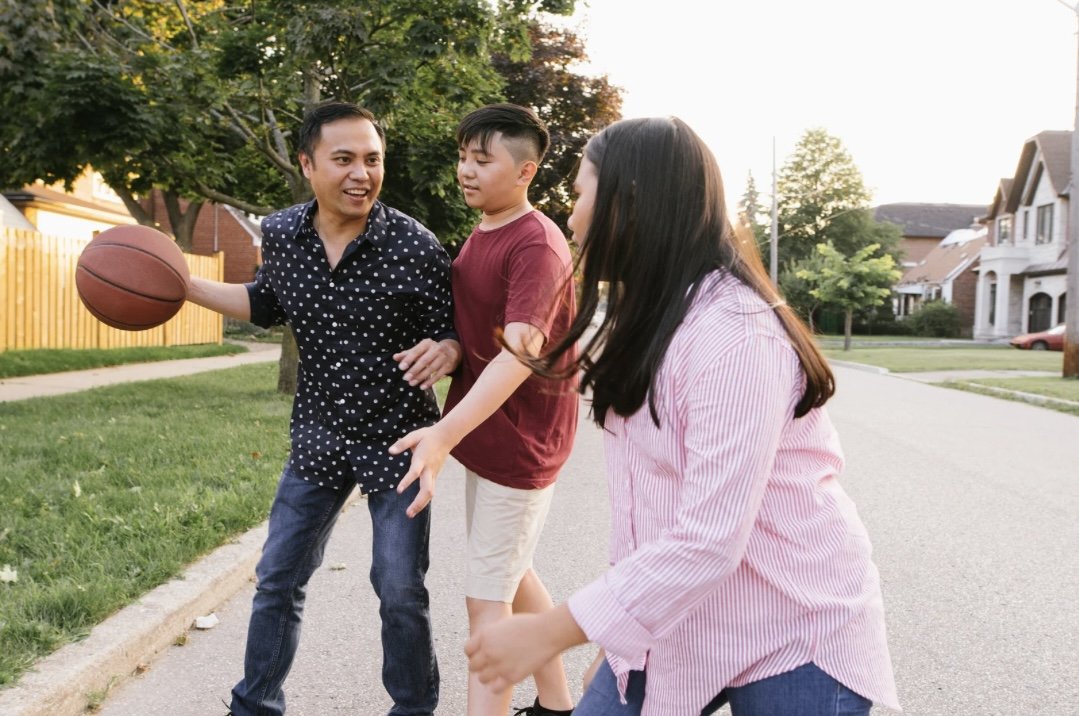Bridging the Gap: The Crucial Importance of Effective Parent-Teen Communication
The journey of parenting is a dynamic and ever-evolving process, filled with moments of joy, growth, and challenges. As children transition into the tumultuous teenage years, effective communication between parents and teenagers takes on heightened significance. Let’s delve into the crucial importance of parents learning how to communicate with their teenagers, exploring the benefits, challenges, and strategies that can pave the way for meaningful connections and mutual understanding.
The Unique Challenge of Parenting Teenagers
Parenting is a multifaceted endeavor that requires adapting to the changing needs and developmental stages of a child. When children reach their teenage years, they undergo a series of transformative changes, both physically and emotionally. These changes can lead to new interests, beliefs, and attitudes, often resulting in a gap between parents and their teenagers. This gap can make effective communication particularly challenging, yet it is also an opportunity for parents to strengthen their bond with their teenagers.
The Foundation of Trust
Effective communication is built upon a foundation of trust. Teenagers are at a stage in their lives where they are exploring their independence and seeking to establish their identities. Parents who demonstrate trust and respect for their teenagers' thoughts, feelings, and opinions create an environment in which open communication can thrive. Trust fosters a sense of security that encourages teenagers to share their experiences, concerns, and aspirations.
Breaking Down Barriers
Learning to communicate effectively with teenagers involves breaking down communication barriers that may have emerged over time. As children grow, they may become less inclined to openly share their thoughts and emotions with their parents. This is where parents' proactive efforts to bridge the gap become crucial. By initiating conversations, showing genuine interest, and demonstrating empathy, parents can create a safe space for their teenagers to express themselves.
Active Listening: The Heart of Communication
At the core of effective communication lies active listening—a skill that can transform parent-teen interactions. When parents actively listen to their teenagers without judgment, interruption, or immediate advice, they convey a profound level of understanding and validation. This active engagement encourages teenagers to share more openly and honestly, strengthening the parent-teen bond.
Empathy: Stepping into Their Shoes
Empathy is the ability to understand and share the feelings of another. For parents, cultivating empathy toward their teenagers' experiences is a powerful way to establish a connection. When parents demonstrate empathy, they show their teenagers that they are valued and understood. This understanding helps teenagers navigate the challenges they face, fostering a sense of closeness and support.
Effective Communication Strategies for Parents
Be Approachable: Create an atmosphere where teenagers feel comfortable approaching you. Make yourself available for conversations without distractions.
Respect Their Perspective: Even if you disagree, respect your teenager's perspective. This encourages open dialogue and demonstrates that their opinions are valued.
Be Patient: Teenagers may need time to process their thoughts and feelings. Be patient and give them space when necessary.
Choose the Right Time: Timing matters. Initiate conversations when both you and your teenager are relaxed and receptive.
Use Open-Ended Questions: Ask questions that encourage more than just a "yes" or "no" response. This promotes deeper conversations and allows teenagers to share their thoughts.
Share Your Own Experiences: Share relevant stories from your own past to show that you understand and have faced similar challenges.
Avoid Judgment: Create a judgment-free zone where teenagers feel safe discussing their thoughts, even if they differ from your own.
Acknowledge Their Feelings: Validate your teenager's emotions. Let them know it's okay to feel the way they do.
Set Boundaries: Establish clear boundaries for respectful communication, both in terms of language and behavior.
Be Mindful of Nonverbal Communication: Pay attention to body language, facial expressions, and tone of voice. These cues can convey more than words alone.
Conclusion
As parents embark on the journey of raising teenagers, the importance of effective communication cannot be overstated. It is through open, honest, and empathetic conversations that parents can bridge the gap that often emerges during these transformative years. By establishing trust, practicing active listening, and employing strategies that promote respectful dialogue, parents can create a strong foundation for understanding, support, and mutual growth. When parents invest in learning how to communicate with their teenagers, they lay the groundwork for nurturing relationships that can endure the challenges and joys of the teenage years and beyond.
Join me for my upcoming Back to School Lunch and Learn Series! Click this link to register!



